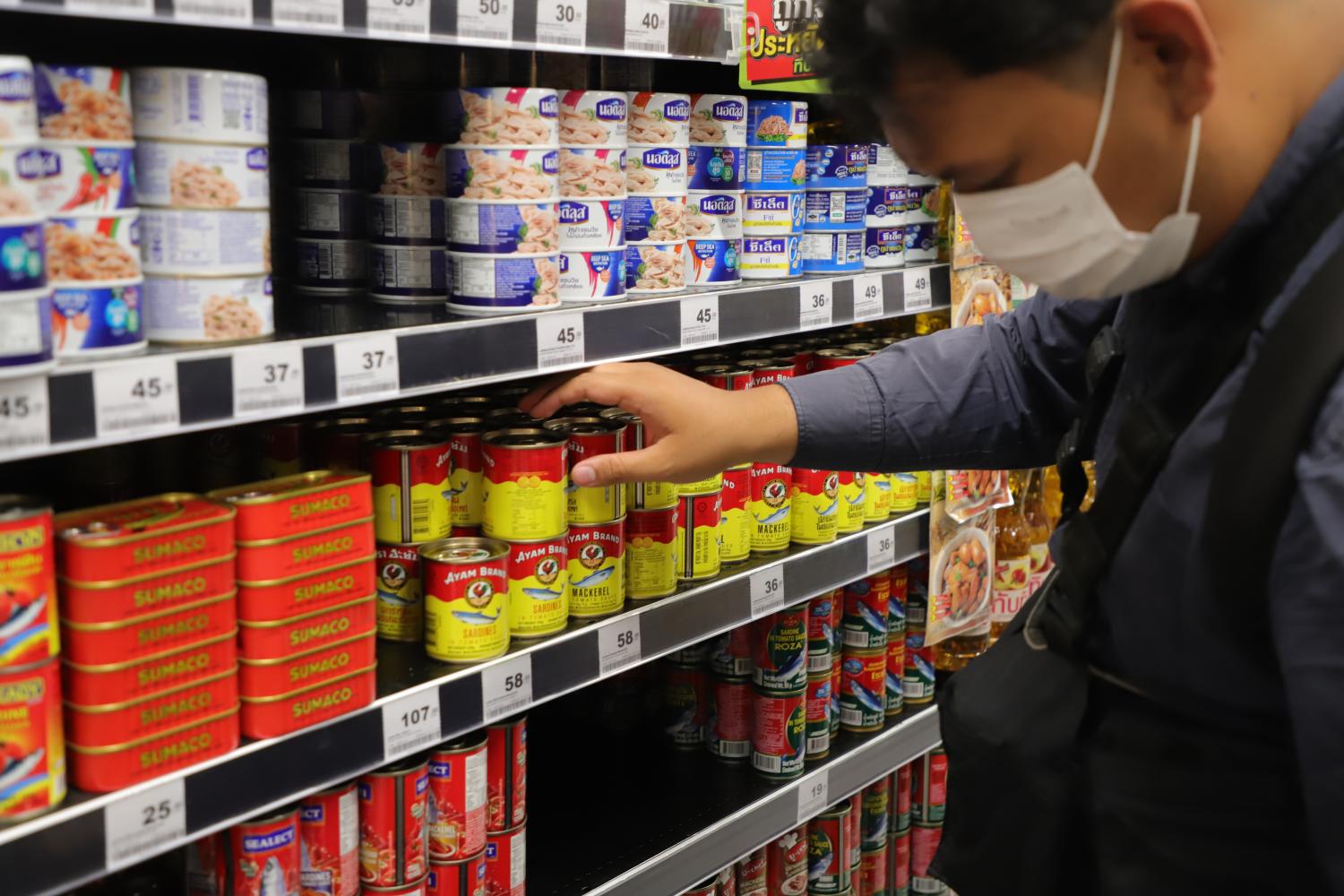
Thai food processors and the Thai Chamber of Commerce have called for an extension of anti-dumping (AD) duty waivers on tin plate and tin-free steel, used widely in canned food, for at least six months to help offset the impact of rising steel prices and their production costs.
Visit Limlurcha, honorary president of the Thai Food Processors Association and vice-chairman of the chamber, said the two organisations plan to send a letter to Commerce Minister Jurin Laksanawisit this week to ask him to consider extending the waivers on AD duties for tin plate and tin-free steel from June to November 2022. The waivers are set to expire on May 12 this year.
Last October the Anti-Dumping and Countervailing Committee, chaired by Mr Jurin, said it would waive the AD duty for six months to alleviate the impact of rising production costs on food industries and maintain the competitiveness of canned food in the global market.
Once the waivers expire, the committee agreed to charge an AD duty on tin-free steel imported from China at a rate of 4.53-24.73% of the cost, insurance and freight (CIF) prices. The rate is 3.94-17.06% of CIF prices from South Korea and 18.52% from Europe.
Tin plate imported from China is charged a duty of 2.45-17.46% of CIF prices, with tin plate from South Korea is charged 8.71-22.67%, Taiwan 4.28-20.45% and Europe at 5.82%.
The charges last for five years or until November 2026, after which the committee reconsiders the AD rates.
Mr Visit said the extension, if approved, would help alleviate costs for tin plate and tin-free steel on the food industry, which has seen prices increase significantly because of the Russia-Ukraine war and lower steel production in China.
Tin plate prices surged by 88% to 51,015 baht per tonne in December of 2021, up from 27,058 baht per tonne in January 2020. The price of tin-free steel rose 85% to 48,790 baht per tonne from 26,415 baht per tonne in the same period.
He warned the world may face a steel shortage as major producer Russia has stopped shipments, prompting importer countries to rush to buy steel from other suppliers such as Japan, South Korea, Taiwan and China.
Given such prospects, the food processors would like the government to help find ways to reduce their production costs, said Mr Visit.
There are only two domestic producers of tin plates and tin-free steel in Thailand. Both producers have a combined production capacity that serves only 50-60% of total demand in the country, which amounts to 600,000 tonnes per year.







